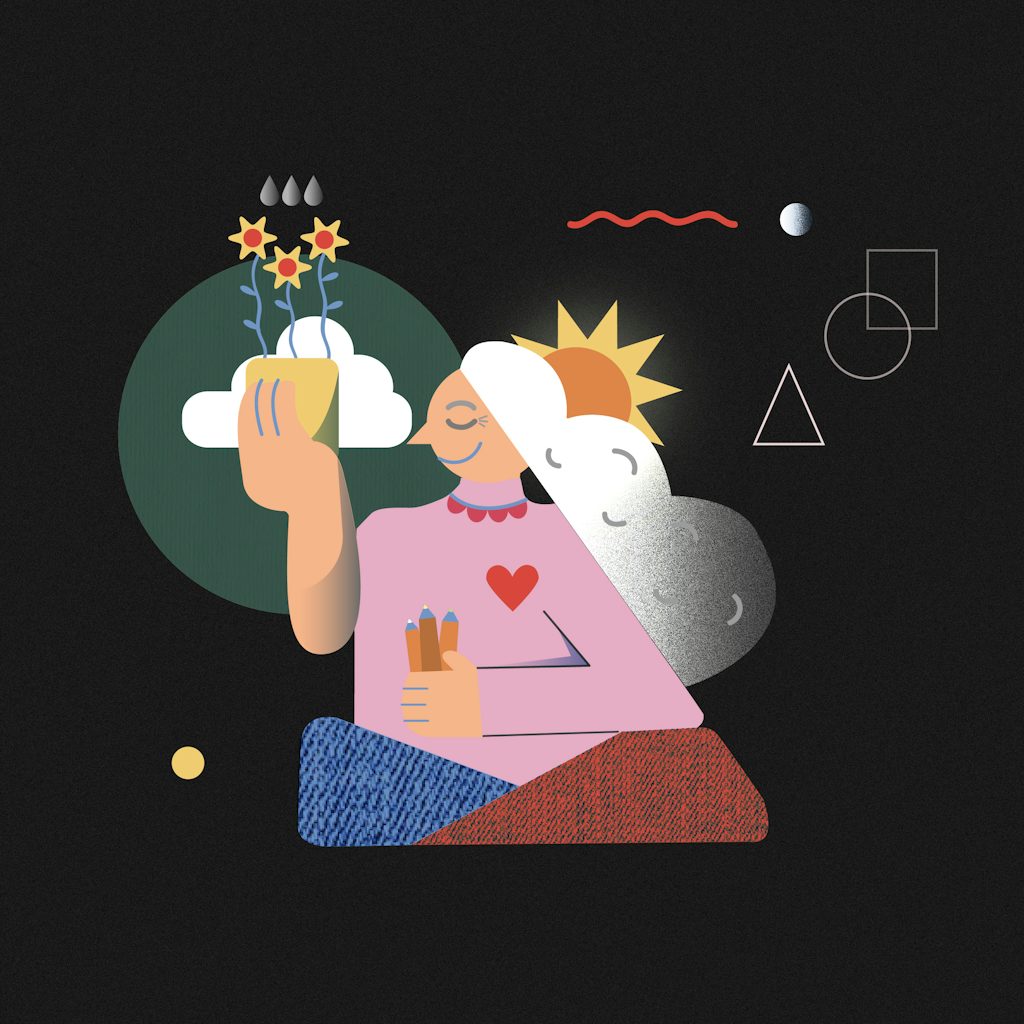Discrimination

Discrimination is when someone is treated unequally or excluded on the basis of gender, skin colour, social status, cultural background, disability, religious beliefs, etc.
Discrimination can have a major impact on the victim’s well-being and cause a lot of stress. In addition to the emotional impact that discrimination has on the victim, discrimination is prohibited by law. This is described in the anti-discrimination legislation, which consists of three laws: the Gender Act, the Anti-Racism Act and the Anti-Discrimination Act. What the anti-discrimination legislation prohibits can be found in this video from Unia.
At the start of a collaboration, it may be a good idea to ask whether a vision has been developed about inclusivity or whether there is a diversity policy in place.
If you’re a victim of discrimination and you don’t have the strength to respond or take the necessary steps, seek support from colleagues or, if possible, contact the ombudsperson or management so that they can support you and respond appropriately. If you’re not in a network or an organisational structure or if you’re not listened to by colleagues/management, there are organisations you can contact for support and advice, which we list below the text.
If you witness discrimination, it’s important not to ignore it and, if necessary, to speak to the perpetrator about it or to put pressure within the organisation to take steps towards an active inclusivity policy. You can also assist and support the victim in the following steps.
Were you a victim or witness of discrimination that happened in a situation that was subject to jurisdiction in Flanders? Think for example of the domains of culture, education and sports. If so, you can contact the Flemish Human Rights Institute (VMRI). This assistance consists of first-line assistance and possibly mediation and/or assessment by the dispute chamber.
If the discrimination took place outside the context of these domains, contact the organisations below:
Unia is an independent organisation that combats discrimination and promotes equal opportunities. Unia works on, among other things, discrimination based on racism, religion or philosophy, disability, age and sexual orientation. You can contact us via one of the thirteen Unia contact points or report the incident via this link.
Have you experienced discrimination based on your gender within a professional context or in the workplace? Then you can contact the Institute for Equality of Women and Men. The institute’s mission is to provide assistance and information on questions regarding legislation or discrimination on the basis of sex, pregnancy and gender.
The Transgender Info Point (TIP) is a neutral, free and anonymous space for all questions regarding gender diversity and the transgender theme. It’s also a recognised reporting centre for discrimination on the basis of gender, gender reassignment, gender expression and gender identity.
You can find more information about the theme of interculturalisation on our website here.


